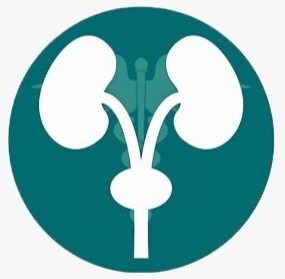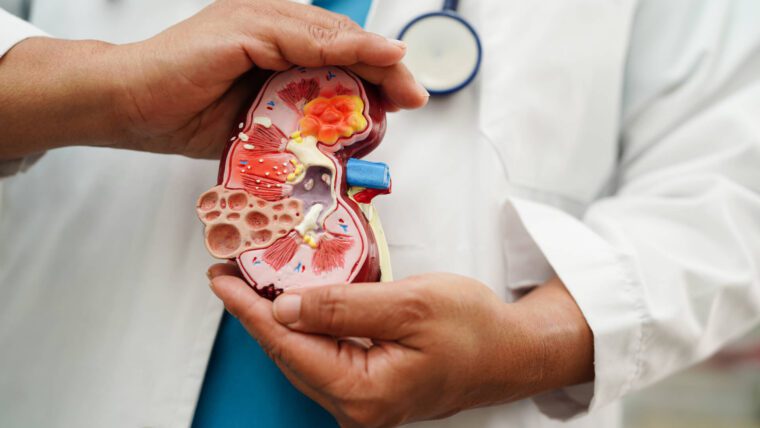Urinary tract infections (UTIs) are common bacterial infections that can affect various parts of the urinary system, including the bladder, urethra, and kidneys. They can cause discomfort, pain, and inconvenience. Fortunately, there are effective treatment options available to alleviate symptoms and eliminate the infection. In this article, we delve into the world of UTI treatment, exploring medications, home remedies, preventive measures, and addressing common FAQs to help you manage and prevent UTIs effectively.
Understanding Urinary Tract Infections
Urinary tract infections occur when bacteria enter the urinary system and multiply, leading to an infection. Common symptoms of UTIs include frequent urination, a burning sensation during urination, cloudy or strong-smelling urine, and pelvic pain. Understanding the causes and risk factors associated with UTIs can help in their prevention and management.
UTI Treatment Options
Urinary tract infection treatment typically involves a combination of medication and self-care measures. Antibiotics are commonly prescribed to eliminate the bacterial infection. The choice of antibiotics depends on the severity and location of the UTI. It is essential to complete the full course of antibiotics as prescribed by your healthcare provider to ensure the infection is completely eradicated.
Home Remedies for UTI Relief
In addition to medication, there are several home remedies that can help alleviate UTI symptoms and promote healing. Drinking plenty of water helps flush out bacteria from the urinary system. Cranberry juice or supplements can also be beneficial, as they contain compounds that prevent bacteria from adhering to the urinary tract walls. Additionally, applying a heating pad to the lower abdomen can provide relief from pain and discomfort.
Preventive Measures for UTI Recurrence
Taking preventive measures is crucial to reduce the risk of UTI recurrence. Some key practices include maintaining good hygiene, such as wiping from front to back after using the bathroom and urinating before and after sexual activity. Drinking plenty of water and avoiding irritants like caffeine and alcohol can also help prevent UTIs. Additionally, wearing breathable underwear and avoiding prolonged use of tampons can contribute to a healthy urinary tract.
FAQs about Urinary Tract Infections
To provide comprehensive information about UTI treatment, let’s address some common FAQs:
Can UTIs resolve on their own without treatment?
While some mild UTIs may resolve on their own, it is important to seek medical attention for proper diagnosis and treatment to prevent the infection from spreading or worsening.
Can I take over-the-counter medications for UTIs?
Over-the-counter pain relievers may help alleviate UTI symptoms temporarily, but they do not eliminate the underlying infection. Prescription antibiotics are necessary for effective treatment.
Can men get UTIs?
Yes, although UTIs are more common in women, men can also develop UTIs. In men, UTIs are often associated with underlying conditions such as an enlarged prostate or urinary tract abnormalities.
Are there any natural remedies for UTIs?
While some natural remedies like cranberry juice can help prevent UTIs or provide relief from mild symptoms, they should not replace medical treatment for a confirmed UTI.
Conclusion
Urinary tract infections can cause significant discomfort and inconvenience, but effective treatment options are available. Prompt diagnosis, appropriate medication, and adherence to preventive measures are key to managing UTIs. Antibiotics prescribed by healthcare professionals are essential for eliminating the infection, while home remedies such as increased water intake and cranberry juice can provide additional relief. By practicing good hygiene, maintaining hydration, and adopting preventive measures, the recurrence of UTIs can be significantly reduced.
If you suspect you have a urinary tract infection, it is crucial to consult with a healthcare professional for an accurate diagnosis and appropriate treatment. Self-diagnosis and self-medication can lead to ineffective treatment and potential complications. Additionally, it is important to complete the full course of antibiotics as prescribed, even if symptoms subside, to ensure the complete eradication of the infection.
Prevention is key in reducing the risk of UTI recurrence. By adopting healthy habits such as good hygiene practices, staying hydrated, and making lifestyle adjustments, you can create an environment in which bacteria are less likely to thrive. It is also essential to seek medical advice if you experience recurrent UTIs or have underlying conditions that may increase your risk.
In conclusion, effective treatment and preventive measures are vital in managing urinary tract infections. With the appropriate medication, adherence to prescribed treatments, and the implementation of preventive measures, UTIs can be successfully treated and their recurrence minimized. By taking proactive steps to maintain urinary tract health and seeking medical attention when needed, you can effectively manage UTIs and promote your overall well-being.




